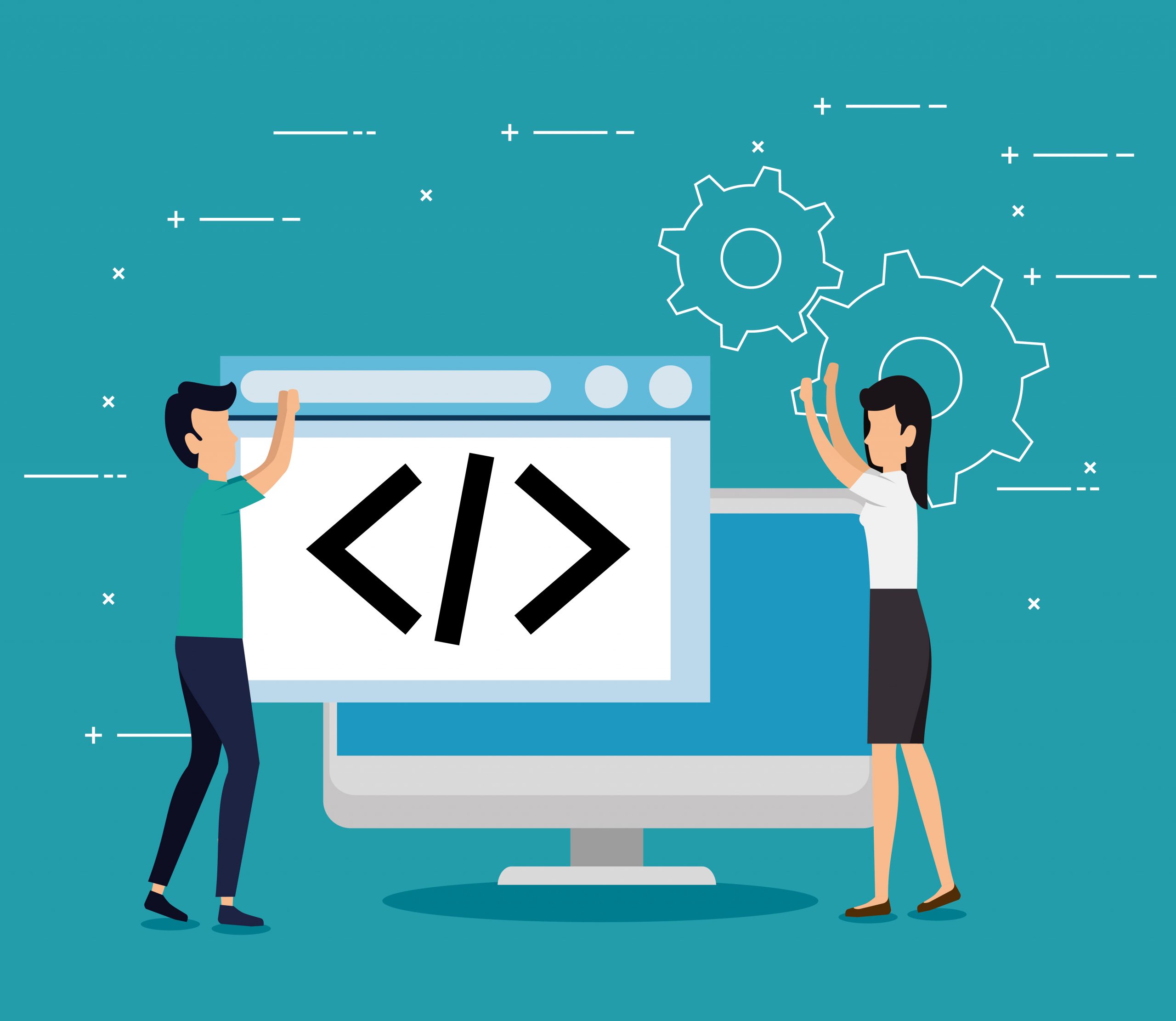The digital revolution has become more than just a buzzword—it’s a driving force behind organizational transformation. As businesses adapt to the changing digital landscape, the role of Human Resources (HR) has taken center stage, with HR process automation emerging as a crucial enabler of success. Let’s delve into the importance of HR process automation in navigating the complexities of the modern workplace.
The Digital Workplace Paradigm: A New Frontier for HR
With the proliferation of digital technologies and the rise of remote work, traditional workplace models have undergone a profound transformation. Today, organizations are embracing digitalization to enhance collaboration, drive efficiency, and meet the evolving needs of their workforce. According to a recent study by PwC, 79% of CEOs believe that remote collaboration will continue to be a staple in the workplace landscape, underscoring the lasting impact of digitalization on modern organizations.
To effectively bridge the skills gap, platforms like Brick, Mortar and Daughter offer comprehensive tools for skills assessment and development, aligning with the skills-first approach by facilitating a better understanding of existing skills and identifying areas for growth. Regular assessments, feedback loops, and keeping an eye on external trends are crucial for adapting to changing market demands and sustaining long-term success. Additionally, identifying core competencies such as those excelled at and consistently recognized for, whether innate or developed through training, is fundamental. These competencies, whether they be specialized skills, knowledge, or organizational procedures, form the strategic strengths that differentiate an organization and create competitive advantage.

Streamlining HR Operations: The Case for Automation
In the face of mounting administrative burdens and evolving workforce demands, HR departments are increasingly turning to automation to streamline operations and enhance efficiency. Manual processes, such as recruitment, onboarding, and performance management, are not only time-consuming but also prone to errors. By leveraging automation technologies, HR professionals can optimize these processes, improve accuracy, and focus their efforts on strategic initiatives.
“HR process automation has been a game-changer for our organization, allowing us to streamline our operations and better support our employees in a digital-first environment.” – Sundar Pichai, CEO of Alphabet Inc
Harnessing the Power of Data: Insights-Driven Decision Making
In the digital age, data has emerged as a valuable asset for organizations seeking to gain a competitive edge. By harnessing HR analytics and reporting tools, HR professionals can leverage data-driven insights to inform decision-making, drive performance improvements, and mitigate risks. According to a survey by SHRM, 72% of HR professionals believe that analytics will play a crucial role in shaping HR strategies in the coming years.
“Data-driven HR strategies have enabled us to identify emerging trends, anticipate talent needs, and make informed decisions that drive business success.” – Arianna Huffington, Founder & CEO of Thrive Global
Empowering Organizations for the Future with Brick, Mortar, and Daughter
At Brick, Mortar, and Daughter, we recognize the importance of HR process automation in empowering organizations to thrive in the digital era. Our comprehensive HR platform offers advanced automation capabilities, enabling organizations to streamline processes, enhance productivity, and drive strategic outcomes. From recruitment and onboarding to performance management and analytics, our solution is designed to meet the diverse needs of today’s digital workplace. Join us on the journey to digital transformation and unlock the full potential of your workforce with Brick, Mortar, and Daughter.



